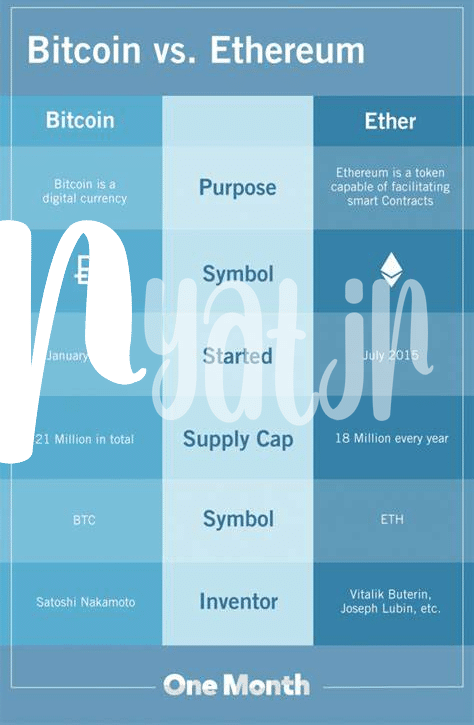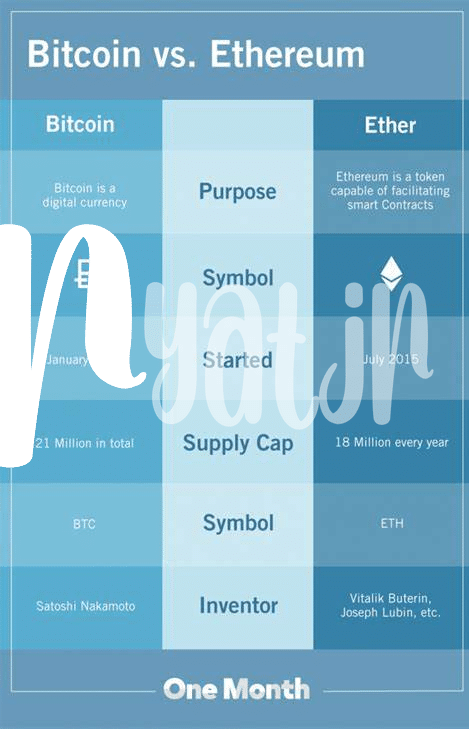🚀 Ease of Access: Mobile Vs. Desktop Wallets

Imagine you’re out and about, your phone snug in your pocket, and you decide to snag that cool gadget you just spotted in a window shop. With a mobile bitcoin wallet, it’s as simple as whipping out your phone, scanning a QR code, and bam! Transaction complete. Now, picture this with a desktop wallet. You’d have to wait until you’re home, remember the gadget, hope it’s still there, and then make your purchase. Mobile wallets bring the world to your fingertips, offering the epitome of convenience when you’re on the move. However, if you’re someone who prefers making transactions from the comfort of your home office, where your trusty computer lives, desktop wallets might be your go-to. They keep your digital coins just a few clicks away, minus the worry of losing access if your phone decides to take a dive. Below is a simple comparison to aid in understanding:
| Wallet Type | Convenience | Best For |
|---|---|---|
| Mobile Wallet | High (On-the-go transactions) | Everyday use, quick payments |
| Desktop Wallet | Moderate (Home-based transactions) | Large transactions, home use |
Each wallet rides on its unique wave of convenience, with the choice boiling down to where and how you like to handle your Bitcoin transactions.
🔒 Safety First: Security Concerns Unraveled
When talking about keeping your digital money safe, it’s like deciding between storing cash under your mattress or in a bank vault. Mobile and desktop bitcoin wallets each come with their own set of security blankets and concerns. On the move, mobile wallets are like having a pocket-sized vault, offering convenience and quicker transactions. However, they might be more exposed to the risks of hacking, given their constant connection to the internet and the vulnerabilities of smartphones themselves. Desktop wallets, in contrast, can be fortresses—often kept offline as ‘cold storage’ making them less accessible to cyber thieves. Yet, their safety depends heavily on your own computer’s security and your ability to avoid phishing scams. Maintenance and updates are vital for both, acting as the security guards that keep threats at bay. For a deeper dive into how mobile wallets are empowering users, especially the unbanked ones, check out this enlightening piece on https://wikicrypto.news/the-rise-of-mobile-bitcoin-wallets-among-the-unbanked.
🛠️ Maintenance and Updates: Keeping Your Wallet in Shape

Just like a car needs regular checks to keep running smoothly, your digital wallet requires attention too. Whether it’s on your phone or computer, updates are crucial for ensuring everything functions as it should. Think of updates as your wallet’s health checkups. They fix any bugs, add new features and, importantly, patch up any security holes that could let in hackers. Not keeping up with these could mean your wallet isn’t as strong as it could be – think of it as leaving your car’s door unlocked in a busy parking lot.
On the other hand, maintenance goes beyond just installing updates. It’s about keeping your software tidy and running smoothly. For mobile wallets, this might mean regularly reviewing the apps you’ve authorized to interact with your wallet. For desktop wallets, it’s ensuring your computer itself is secure and malware-free. Both are about making a habit of good digital housekeeping – because in the digital world, a clean space is a safe space. 📱💻🛡️
💡 on the Go or at Home: Use Case Scenarios

Imagine you’re rushing to a meeting and you remember you need to send some Bitcoin to a colleague. With a mobile wallet, that transaction is just a few taps away on your phone, easy and hassle-free. Mobile wallets are like having a mini bank in your pocket, always with you, ready to make transactions, check your balance, or receive payments no matter where you are. On the flip side, think about being at home, feeling the need for a higher level of security for large amounts of Bitcoin. This is where desktop wallets shine, offering robust security features behind your personal computer’s defenses. They’re like a secure vault for your digital currency, best used when making substantial transfers or for storing Bitcoin as a long-term investment. While on the move, mobile wallets offer unparalleled convenience, but for those looking for an extra layer of security and aren’t bothered by the lack of mobility, desktop wallets are the way to go. Plus, for those interested in making micropayments feasible with Bitcoin in 2024, understanding the flexibility and security of each wallet type is key to maximizing your Bitcoin experience, whether you’re at home or on the go.
🌍 Connectivity Requirements: Always Online or Offline?
When we dive into the digital world of managing our bitcoins, the question often arises: do we need to be constantly connected to the internet, or can we keep our digital treasure in a vault that doesn’t require being online all the time? On the one hand, mobile wallets bring the convenience of being connected whenever and wherever. This means you can check on your investment while sipping a latte at your favorite cafe or during a quick break at work. 🚀💡
On the other hand, desktop wallets might not always require you to be online, offering a snug layer of comfort knowing that your digital coins are a bit safer from the prying eyes of online villains. However, there’s a trade-off. Without constant connectivity, your grasp on the pulse of the Bitcoin market might not be as tight, possibly leading to missed opportunities. So, whether you’re a jet setter with the need for real-time updates or a homebody who prefers the extra security layer, there’s a wallet out there just for you. 🏠💳
| Type | Connectivity Requirement | Main Advantage |
|---|---|---|
| Mobile Wallet | Always Online | Real-time access and transactions |
| Desktop Wallet | Offline and Online options | Enhanced security and less vulnerability to hacks |
💳 Spending Bitcoin: Real-world Application Comparison

Think about walking into a coffee shop, ready to use some of your Bitcoin for a fresh cup of java. On one hand, if you’ve got a mobile wallet, it’s as simple as pulling out your phone, scanning a QR code, and bam – coffee paid for, just like magic! 📱✨ On the other hand, imagine lugging around your laptop just to make that same transaction. Sounds inconvenient, right? That’s because, in the hustle and bustle of our daily lives, mobile wallets seem to take the cake for ease and spontaneity. Yet, don’t forget that not all places are ready to accept Bitcoin through a quick scan from your phone. Some transactions might need the more detailed process available on a desktop wallet, especially if we’re talking about bigger items or online purchases from the comfort of your home. 🏠💻 Furthermore, considering real-world applications, think like a globe-trotter using Bitcoin to bypass local currency headaches. Here, the blend of mobile and desktop wallets can truly shine, adapting to different situations. Meanwhile, for someone learning about how smart contracts work within the bitcoin network versus ethereum, understanding practical spending will be crucial. So, whether it’s paying for coffee, booking flights, or buying gadgets online, navigating the world of Bitcoin spending means choosing the right tool for the right job.
